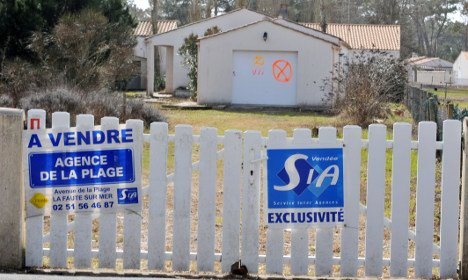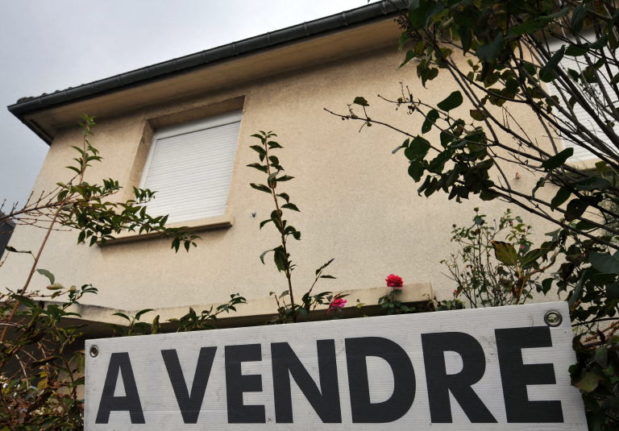If you are buying a French property make sure you avoid doing the following:
One: Not keeping in contact with your notary
Buying French real estate is complicated for you and for your notary. In fact, the signing of the ‘compromis de vente’ is just the beginning of a marathon of collecting and organizing paperwork for the notary.
This process takes months and when it is delayed the period between the signing of the ‘compromis de vente’ and the ‘acte authentique’ can end up being longer than the average three months.
To help make the process go smoothly you need to make sure your notary has all the documents needed from you as quick as possible.
The best way to make sure your notary has all they need is to keep in contact with them, in fact don't hesitate to contact them every couple of weeks to touch base.
Do not expect the notary to contact you since they will likely be working on many transactions.
Two: Not keeping in regular contact with your bank or mortgage broker
If you are buying a French property with a mortgage you need to keep in regular contact with your bank or mortgage broker to make sure they have all the details they need from you to process your request.
There is a long list of documents the mortgage supplier needs from you and sometimes as time passes the validity of some documents expires and the bank or mortgage broker needs an up-to-date version.
You will also need insurance on your French mortgage and this is also a process that involves lots of paperwork and approvals and often a recent blood test of the borrower.
Be sure the bank has all the documents they need by contacting the bank approximately every ten days just so they know you are available if and when needed.
Three: Not knowing that the final signing date can change
The final date of the signing of ‘acte authentique’ (the legal document that transfers the title from the owner to you) can be changed from the date stated in the ‘compromis de vente’. So make sure you make flexible plans around the date noted in the ‘compromis de vente’.
You don't want to plan a vacation or important business trip and have to cancel them since the final signing date was moved.
You also don't want to plan your move until you know exactly when it is.
Four: Not reviewing the key points
When you are buying a French property it is typically in ‘as is’ condition so it is very important to understand all the details in the ‘compromis de vente’ about the property include the declarations made by the seller, the conditional clauses made by the buyer and all the details on the price and additional costs involved in the purchase of the property.
In addition, details on the title of the property need to be completely understood. Make sure you have an English speaking notary to explain to you all the details you need to know.
To learn more about buying and selling French real estate visit ESREA France where you can also learn of more mistakes made by French Property Buyers and Sellers.
David Hennessey, the founder and director of ESREA France.




 Please whitelist us to continue reading.
Please whitelist us to continue reading.
Member comments